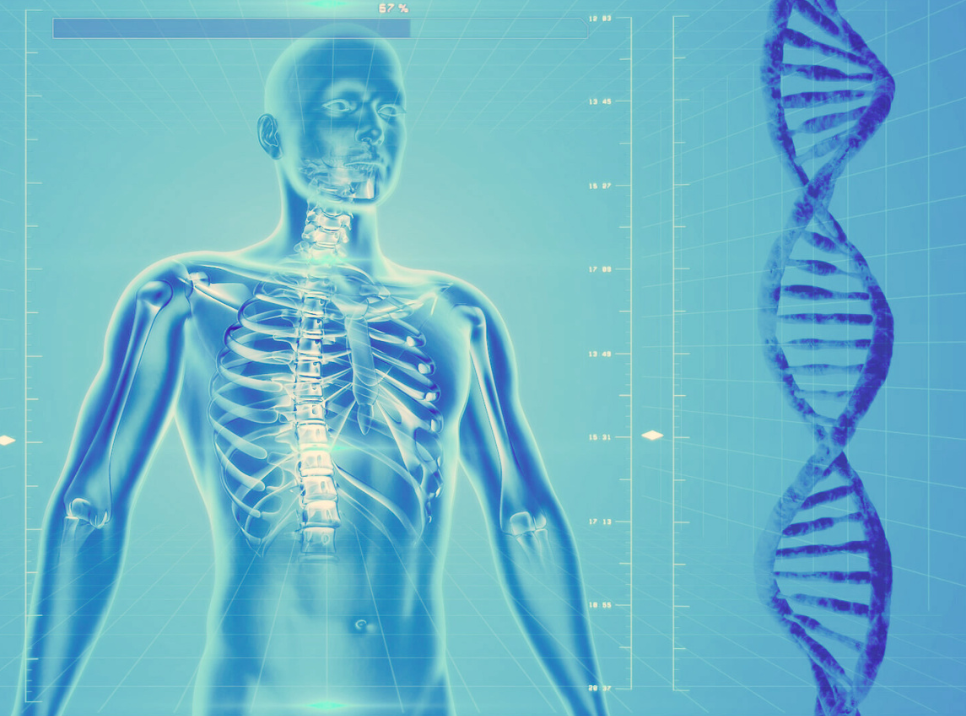Photo by Wonderlane on Unsplash
On a nearly still and moonlit night last week, some 75 people formed a circle on Asilomar State Beach around a sand pit ringed by seaweed. Four dancers swayed around the pit to the sound...
Aggregated News

Why do we hear about medical breakthroughs in mice, but rarely see them translate into cures for human disease? Why do so few drugs that enter clinical trials receive regulatory approval? And why is the waiting list for organ transplantation so long? These challenges stem in large part from a common root cause: a severe shortage of ethically sourced human bodies.
It may be disturbing to characterize human bodies in such commodifying terms, but the unavoidable reality is that human biological materials are an essential commodity in medicine, and persistent shortages of these materials create a major bottleneck to progress.
This imbalance between supply and demand is the underlying cause of the organ shortage crisis, with more than 100,000 patients currently waiting for a solid organ transplant in the US alone. It also forces us to rely heavily on animals in medical research, a practice that can’t replicate major aspects of human physiology and makes it necessary to inflict harm on sentient creatures. In addition, the safety and efficacy of any experimental drug must still be confirmed in clinical trials...
The Center for Genetics and Society is fiscally sponsored by Tides Center, a 501(c)(3) non-profit organization.
Please visit www.tides.org/state-nonprofit-disclosures for additional information.
© 2023 Tides Center, through the Center for Genetics and Society. All rights reserved.
Privacy Policy. Terms of Use.
